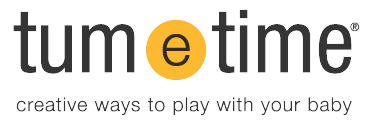A recent study from Australia reported that if a father was educated and supported about breastfeeding both pre and post natally, the breastfeeding rates went up. I wonder what would happen if we educated and supported every family, extended family member or community?
Pass it on!
J Hum Lact. 2013 Apr 19. [Epub ahead of print]
Education and Support for Fathers Improves Breastfeeding Rates: A Randomized Controlled Trial.Maycock B, Binns CW, Dhaliwal S, Tohotoa J, Hauck Y, Burns S, Howat P. 1School of Public Health and Curtin Health Innovation Research Institute, Curtin University, Perth, Australia. AbstractBackground:Studies have identified numerous factors affecting breastfeeding initiation and duration, including maternal education, mode of delivery, birth weight, socioeconomic status, and support of the infant’s father.Objective:The objective was to investigate the effects of an antenatal education session and postnatal support targeted to fathers.Methods:The Fathers Infant Feeding Initiative (FIFI Study) is a randomized controlled trial to increase the initiation and duration of breastfeeding that was conducted in 8 public maternity hospitals in Perth, Western Australia. A total of 699 couples were randomized within hospitals to either intervention or control groups. The intervention consisted of a 2-hour antenatal education session and postnatal support provided to fathers.Results:The any breastfeeding rate for the intervention group was significantly greater at 6 weeks: 81.6% in the intervention group compared to 75.2% in the control group, odds ratio 1.46 (95% CI, 1.01-2.13). After adjustment for age and hospital, the odds ratio for any breastfeeding in the intervention group was 1.58 (1.06-2.35) and for socioeconomic status (SES), 1.56 (1.06-2.30). The infants of older fathers were more likely to be breastfed at 6 weeks compared to infants of younger fathers (P < .01), and infants of fathers with high SES more likely than infants of fathers with low SES (P = .013).Conclusion:Even a small increase in breastfeeding rates brings public health benefits. In this study, a minimal intervention was found to significantly increase any breastfeeding at 6 weeks: 81.6% in the intervention group compared to 75.2% in the control group. |
|
| PMID: 23603573 [PubMed – as supplied by publisher] | |
